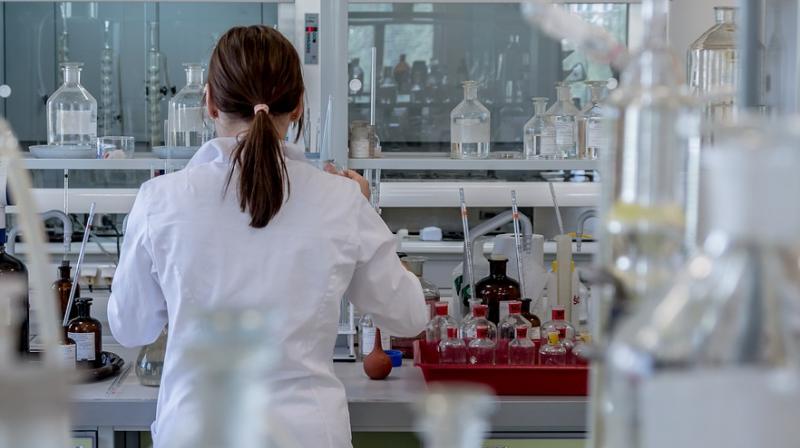Gene therapy, regeneratives in spotlight
Adverse effects are mutation of genes, immunological changes.

Hyderabad: Gene therapy and regenerative medicine were major areas of interest where research was on in large scale as it would be the future medicine, according to Dr Raj Puri of the Centre for Biologics Evaluation and Research in US Food and Drug Administration.
These two therapies had generated a lot of hope as they could be used for modifying gene sequences, removal of destructive genes, genome editing and use of human cells and tissues to treat the body.
The research which began in 1989 now had 600 active gene therapies which were in the final stages of human clinical trials.
Dr Puri explained, “To understand and regulate this new evolving system of medicine, there are strict guidelines and protocols under which the preclinical and clinical trials are carried out. Once there is an investigational new drug identified, it is put on trial but the prime importance is to the safety and life of the subject.”
The US FDA had breakthrough therapy designation for the new drugs which were in the discovery stage and gene therapy had the highest with 21 new drugs in the pipeline.
Similarly, regenerative medicine had 50 new drugs which were in the pipeline and would take another couple of years to be finally designated as a drug. The identity of medicines and treatment was set to change where for diseases like cancer there were new treatments being considered.
There could be changes made in the cells in the laboratory and placed in the body.
The adverse effects which had been recorded by researchers in gene therapy were mutation of the genes, non-specific tissue tears, genome reactions and immunological changes.
These were being assessed and further rectified to ensure that they were precise in the target and there was maximum benefit and less damage.

